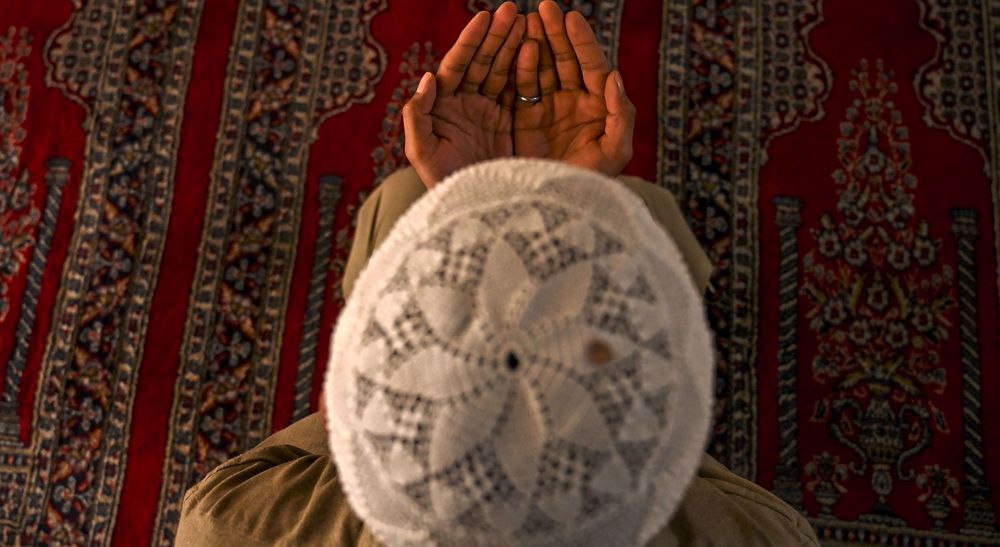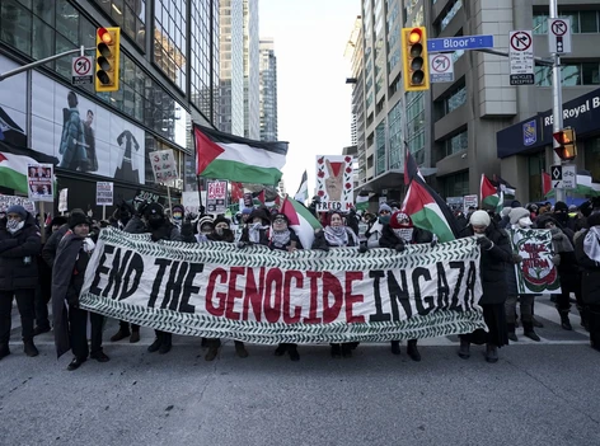
A Muslim official prays alone inside a closed mosque during the Muslim holy month of Ramadan in Srinagar on May 1, 2020. (AFP photo)
Muslims in Indian-controlled Kashmir are marking Ramadan amid a global pandemic that has changed lives across the world. The pandemic has also changed how Kashmiris observe the holy fasting month.
Like in other parts of the world, everything about the holy month of Ramadan is different this year in Kashmir.
Muslims here are marking the fasting month with unprecedented bans on mass prayers, public gatherings and iftar parties amid the coronavirus threat.
The Himalayan region has reported nearly 1000 cases of COVID-19 with 11 deaths. Most of the areas in Srinagar, Kashmirí capital city have been declared as red zones to prevent the spread of the coronavirus.
In this part of the world, Ramadan is known for centuries-old tradition of voluntary drummers locally known as Sahar khwaans, who would wake people up for their pre-dawn meal. But in the wake of the global pandemic and stringent lockdown, the professional drummers are missing this Ramadan.
Now some local youths have stepped into the shoes of professional drummers to keep the age-old tradition alive. They are going door to door, waking people up.
Markets which would be abuzz with activity now wear a deserted look. Some religious and civil society organizations have stepped up efforts and are reaching out to the families in need. They are providing food parcels to those who are unable to make ends meet.
Mosques and shrines - usually packed with devotees during this holy month - are also closed. Authorities have banned praying in mosques and shrines as a protective measure to combat the pandemic.
Meanwhile, security checkpoints have also been set up across the region to prevent movement of people.
SOURCE: PRESS TV
LINK: https://www.ansarpress.com/english/17568
TAGS:






























 Farkhunda Buried, Ghani Appoints Fact-Finding Team
Farkhunda Buried, Ghani Appoints Fact-Finding Team




